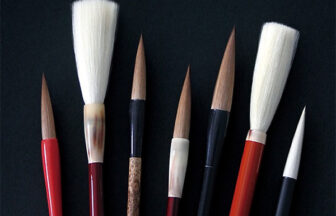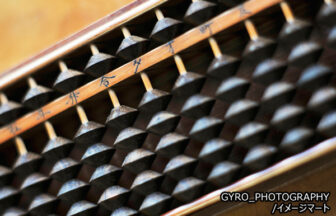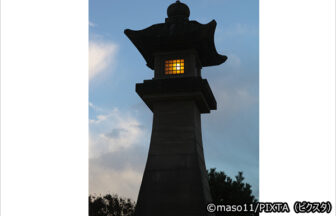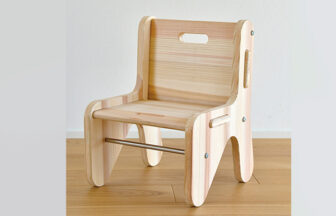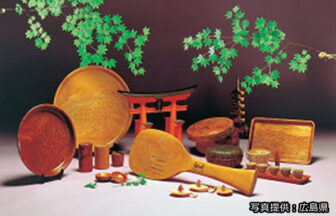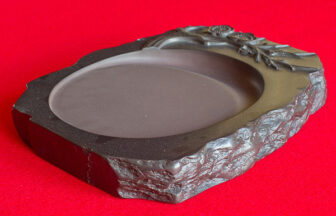Production Area
Saji / Aoya, Tottori City, Tottori Prefecture
Historical Details and Geographic Characteristics
Inshu washi has age-old roots dating back to the Nara period during the 8th century. At the start of the Edo period, Inshu washi was exported on red seal ships (shogunate-licensed trading ships), and as the preferred paper of the Tottori Domain’s feudal lords, Inshu washi was well preserved and regulated. This traditional paper thrived thanks to measures, for the cultivation and protection of mulberry, the raw material used to make washi.
During the Meiji period, amidst the revision of materials used during manufacturing and the implementation of techniques from other prefectures and abroad, productivity rapidly improved. This fervor continued until the Taisho period due to increased demands for calligraphy paper from the expanding school system.
However, as the Showa period approached, improvements in the production of Western paper and overall lifestyle changes led to a decrease in the demand for Japanese paper. During this time, new products were created, including Japanese calligraphy paper, craft paper, and dyed paper, making Japan one of the leading manufacturers of said products. Even now, there are efforts to develop new goods such as three-dimensional washi and washi paper for photo prints.
Main Retailer/Exhibition Facility
Inshu Washi Paper Factory Kaming Saji
| Address | 146-4 Fukuzono, Sajicho, Tottori City, Tottori Prefecture |
|---|---|
| Phone | 0858-89-1816 |
| Hours of Operation | 9:00 a.m. – 4:00 p.m. |
| Closed | Wednesdays, Year-end/New Year holidays |
| Admission Fee | Free |
| URL | https://www.coming-saji.com/ |
| Social Media | https://www.facebook.com/kamingusazi/ |
Aoya Washi Studio
| Address | 313 Yamane, Aoyacho, Tottori City, Tottori Prefecture |
|---|---|
| Phone | 0857-86-6060 |
| Hours of Operation | 9:00 a.m. – 5:00 p.m. |
| Closed | Mondays (If the Monday falls on a holiday, the museum will close the following day instead), Year-end/New Year holidays |
| Admission Fee | Permanent exhibits: Free, Special Exhibitions: Adults 300 yen, Elementary to High school students: 150 yen |
| URL | http://www.tbz.or.jp/aoya-washi/ |
| Social Media | https://www.facebook.com/AoyaWashikobo/ |






